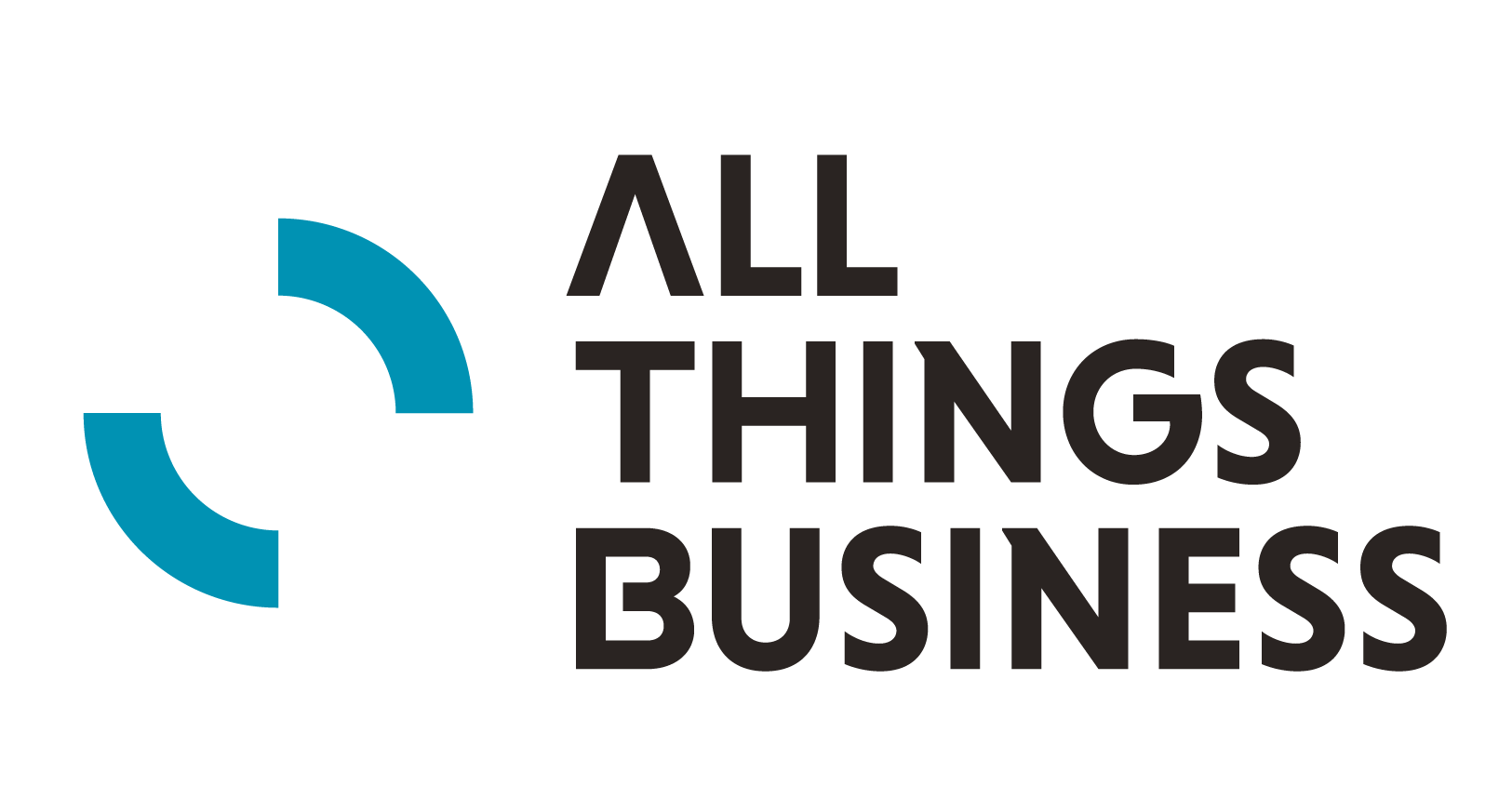Skills based volunteering has the potential to revolutionise corporate social responsibility, providing significant advantages to businesses, employees and charities, according to a new report from Lloyds Bank Foundation.
For more than a decade, Lloyds Bank Foundation has fostered connections between volunteers from its funder Lloyds Banking Group, and small charities. In a new research report, Skills Based Volunteering: A Win, Win, Win, the independent foundation analyses the mutually beneficial rewards skilled volunteering offers. It highlights the value added when employee volunteering goes beyond a one-off physical activity, to volunteers sharing professional expertise, such as management, finance, IT, HR and marketing, to help charities strengthen and develop their vital work supporting people and communities.
The report aims to encourage businesses and charities to work together to embrace skilled volunteering as an opportunity for mutual growth that offers potential for helping transform communities.
It provides valuable insights and evidence of the benefits of skills-based volunteering, including:
- Skilled volunteers empower charities to navigate strategic challenges, access in-demand skills and knowledge, and unlock new connections and networks. In fact, 91% of charities reported improvements in professional skills, a third of which were significant improvements.
- Having the chance to share skills and expertise through volunteering enriches employees with invaluable professional development opportunities, builds confidence and connection. Skilled volunteers said they were able to apply and develop transferable skills and widen their perspectives.
- Skills-based volunteering helps engage employees and enhance the pride and sense of purpose they feel for their workplace, which in turn helps improve retention and build connection.
The report also captures learnings and recommendations for developing impactful skilled volunteering programmes, including:
- Choice and variety matter for volunteers and charities; skilled volunteering can be flexible with varying levels of commitment, in person and online options, and working as a group or individual.
- Seeking skilled volunteer partnerships with small and local charities can maximise the impact of volunteers and charity.
- Volunteers from businesses need support in translating their skills to a different sector.
- Support for volunteering should come from leadership and be embedded in an organisation’s culture.
- Relationships take time, but getting the right match and investing in the partnership generates long term payoff.
- Identifying the needs of charities and where volunteers can have the biggest impact is important.
The Foundation encourages all businesses large and small to draw on these lessons and consider the opportunities in skilled volunteering, encouraging their employees to share and use their skills to help charities grow and develop.
Holly Quincey, Talent Acquisition Director, Lloyds Banking Group, said:
“Skills-based volunteering is a brilliant way for professionals to deepen expertise and develop new skills; connect with a community and learn about some of society’s most complex issues. The impact to the organisations supported is often immediate too, with genuine expertise and knowledge in areas such as finance, marketing and project management helping to support long-term solutions and creating a lasting impact. I’d encourage more businesses to build this into their employee development planning and recognise the power of skills-based volunteering for all involved.”
To view the full report, visit www.lloydsbankfoundation.org.uk

